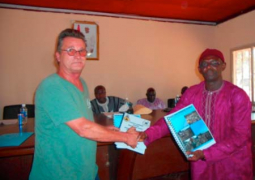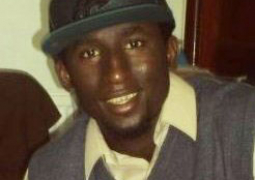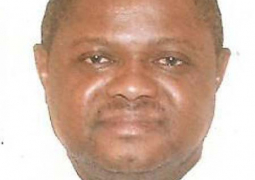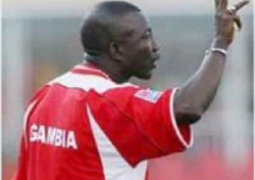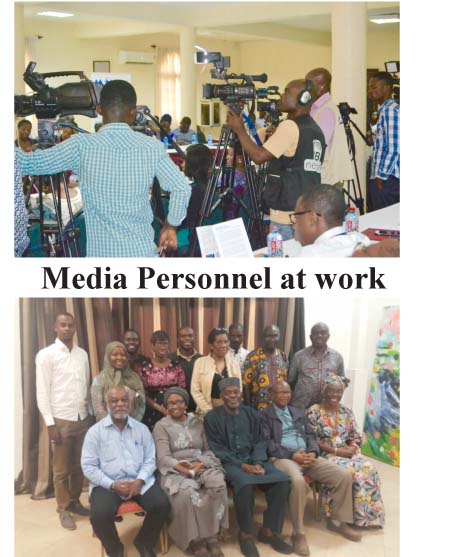
January
2017, witnessed a number of major press freedom and freedom of expression developments
in West Africa – from a stormy political transition in The Gambia that saw the
exit of West Africa’s King of Impunity,’ to a massive crackdown on journalists
by Nigerian security forces, and the lifting of media sanctions in Benin.
The
most improbable happened in The Gambia where a memorable political drama
unfolded climaxing with a momentous end to President Yahya Jammeh’s 22 years of
tyranny, brutal human rights violations and agonising culture of silence.
After
suffering an unexpected electoral defeat on December 1, 2016, Jammeh, who had
been crowned ‘West Africa’s King of Impunity’, for supervising a regime that
overtly perpetrated human rights violations, made several attempts to hang on
to power. He initially conceded defeat after the declaration of the results but
renounced his concession a week later, rejecting the results and calling for
fresh polls.
The
West Africa inter-governmental body, ECOWAS, backed by the African Union and
the UN, insisted Jammeh should respect the verdict of the Gambian people and
leave power. Jammeh was eventually compelled to leave power on January 21, when
he left for exile in Equatorial Guinea.
President
Jammeh’s antagonism towards the media in The Gambia was so pronounced during
his 22-year rule. Even after defeat in the polls on December 1, 2016, the
ex-President proved he was incurably hostile to press freedom and freedom of
expression as he continued with his acts of violations.
On
January 9 for example, the licenses of four major radio stations were revoked
by the Jammeh regime without explanation. The four affected radio stations,
namely Hilltop Radio, Afri Radio, Taranga FM and Paradise FM were the leading
local radio stations providing coverage on the political controversy at the
time.
Exactly
a week after the shutdown of the four local radio stations, seven foreign
journalists were deported on January 16 upon their arrival at the main airport
in the capital Banjul. The deported journalists were from the regional bureau
of CCTV in Kenya, one photojournalist from AFP and two journalists on
assignment for the Sweden-based Digital journalism project, Blank Spot.
The MFWA Board in a group photograph with some
Gambian media experts after their meeting on January 26, 2017
Already,
the new President, Adama Barrow, has promised to undertake major reforms that
will ensure respect for the rights of all persons. Addressing the nation on
January 26 after his return from Senegal, where he had been sworn in while
Jammeh was still hanging on to power, Mr. Barrow said he would ensure press
freedom in the country.
The
Media Foundation for West Africa (MFWA) has already held discussions with
Gambian media leaders and experts on challenges facing the media, status of
impunity for crimes against journalists under the Jammeh regime and how to
confront those media challenges in the post-Jammeh era.


